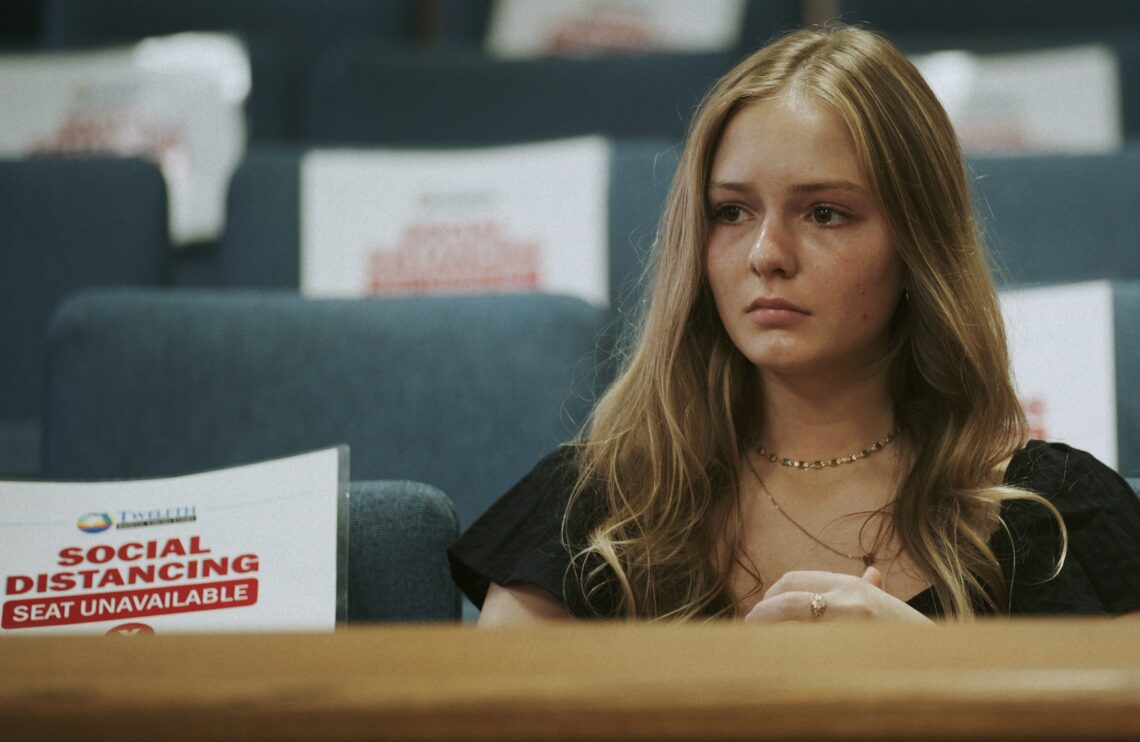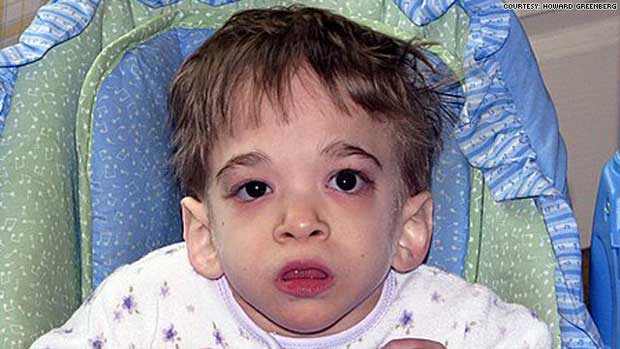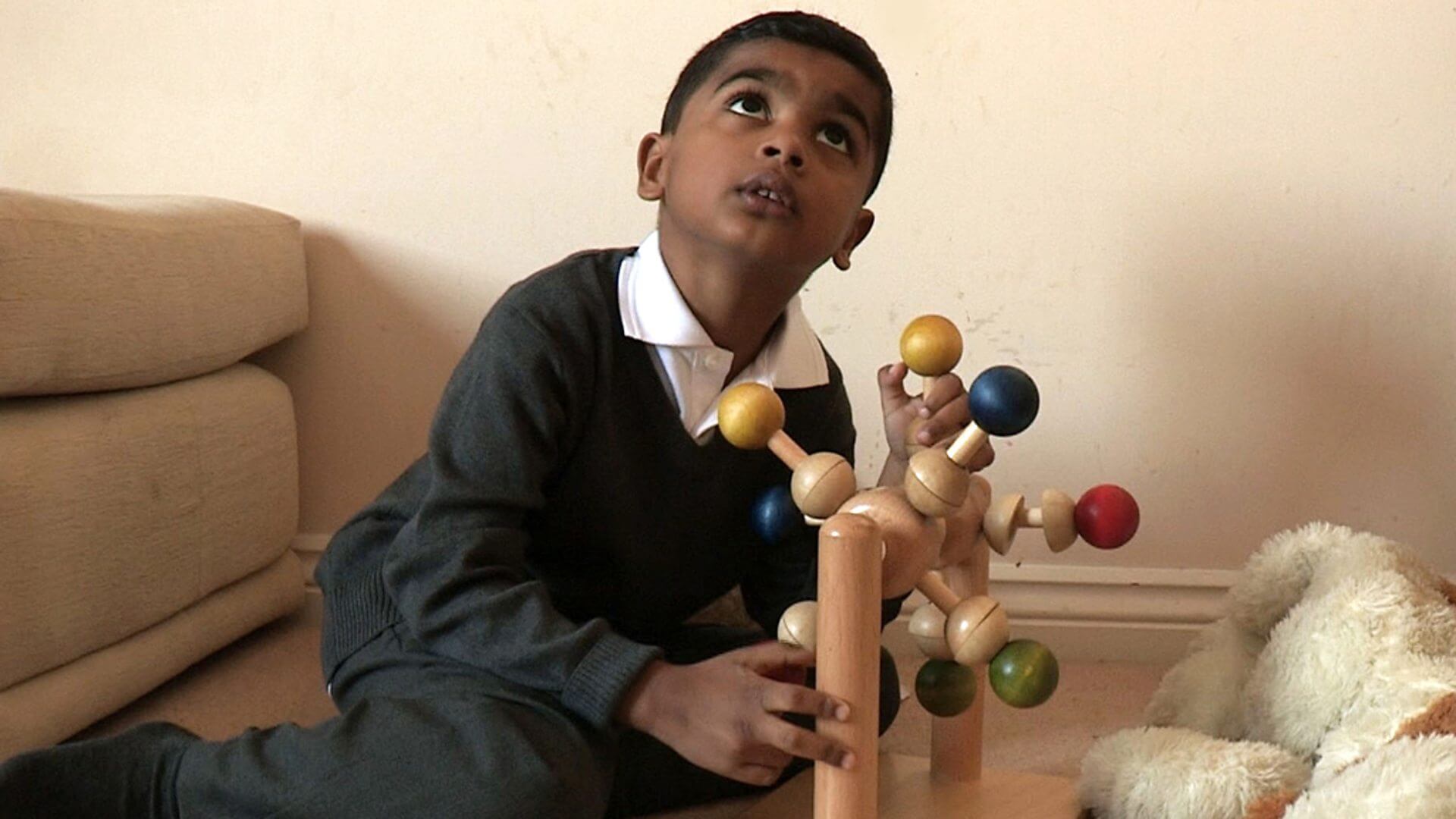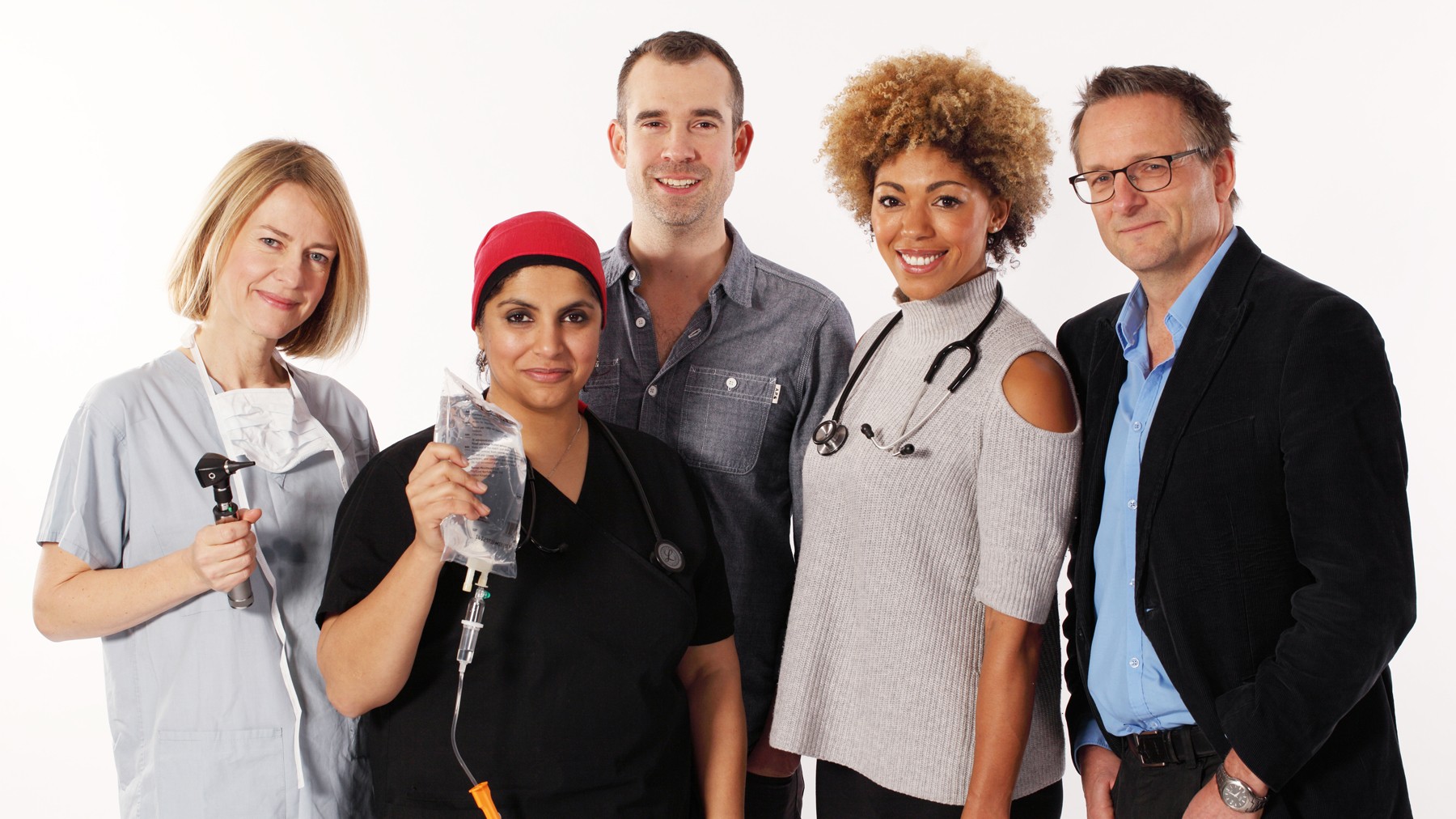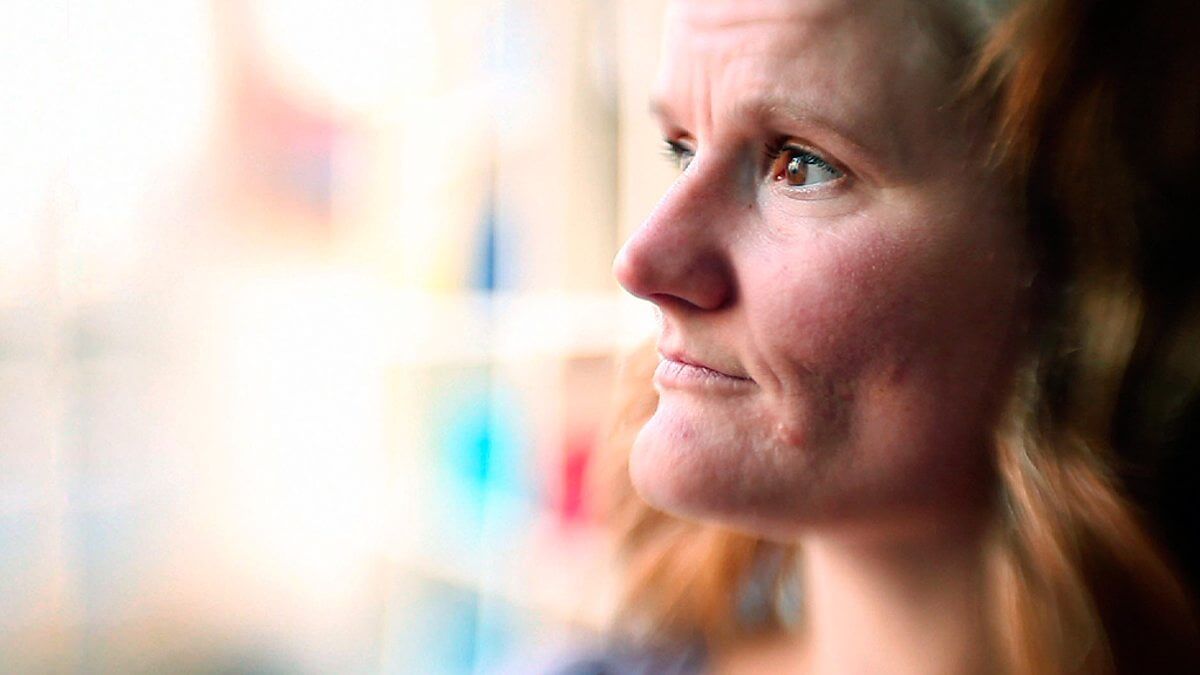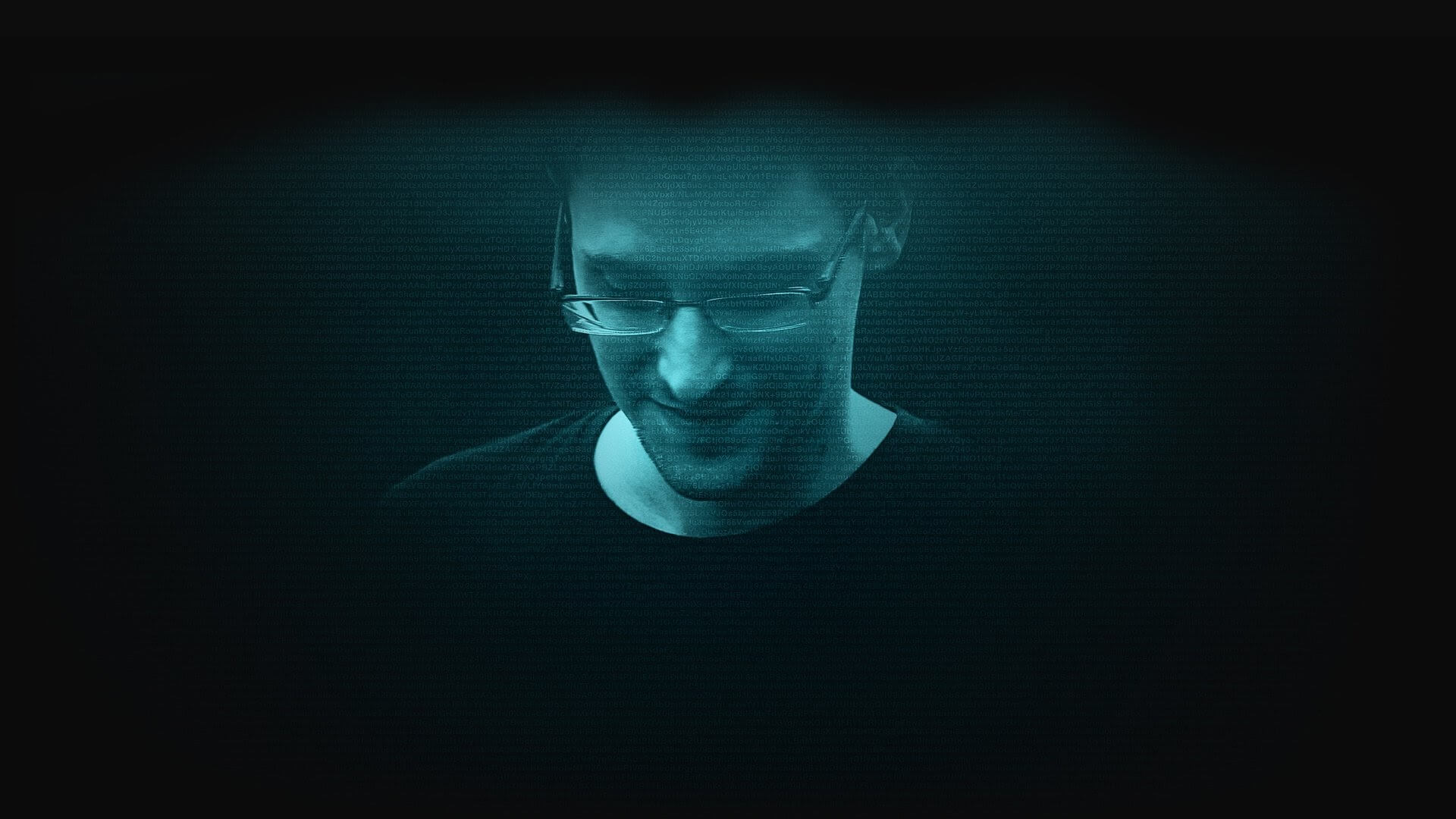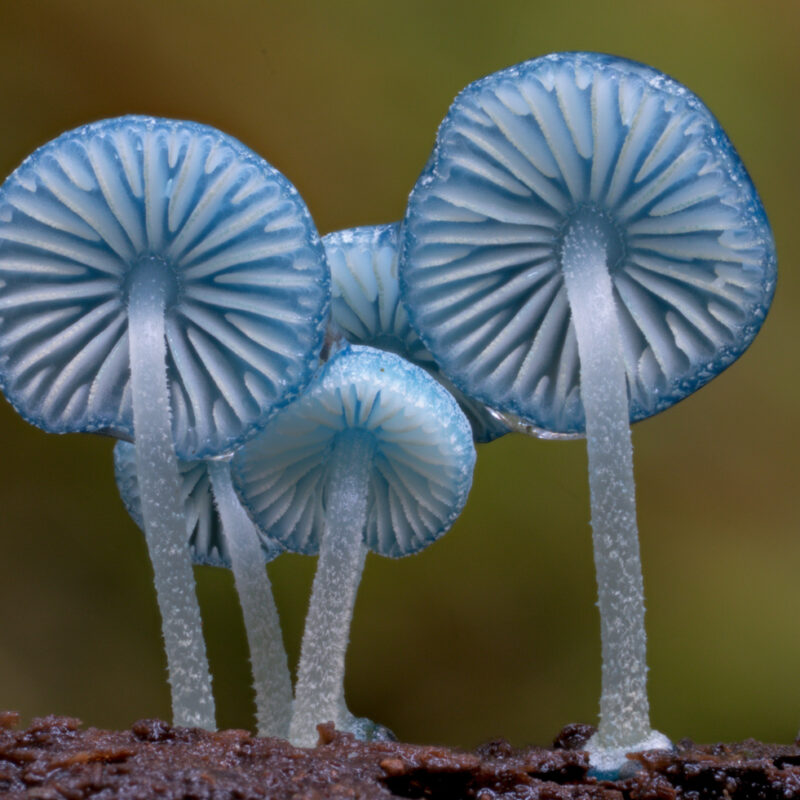description:
In early 2015, Jack and Beata Kowalski’s 9-year-old daughter Maya begins experiencing breathing problems, headaches, blurred vision, skin lesions, lower limb dystonia, and debilitating chronic pain. The family visits various doctors and hospitals, but receives no firm diagnosis. Beata, a nurse who had been meticulously documenting every appointment, searches the Internet for answers, eventually discovering Dr. Anthony Kirkpatrick in September 2015. Dr. Kirkpatrick diagnoses Maya with advanced complex regional pain syndrome (CRPS), a disease that can be treated with ketamine.
After low doses of ketamine prove ineffective, Dr. Kirkpatrick recommends a ketamine coma, whereby Maya would be given a large amount of ketamine to induce a five-day coma. It proves successful; Maya’s pain and symptoms are significantly reduced. Dr. Kirkpatrick recommends Maya to the ongoing care of Dr. Ashraf Hanna, who prescribes her 1,000 mg of ketamine daily, which reduces her symptoms for a year.
On October 7, 2016, Maya relapses and Jack, her father, takes her to the ER at Johns Hopkins All Children’s Hospital. The hospital staff are unfamiliar with CRPS and are concerned at the amount of ketamine that Maya has been receiving. Beata rushes to the hospital, and the ER physicians comment that she is “belligerent,” “demanding,” and “controlling” regarding Maya’s treatments, leading them to question the validity of Maya’s diagnosis. Beata, frustrated with the care that Maya is receiving, talks of leaving the hospital. The staff, on suspicion that Maya is a victim of Munchausen syndrome by proxy, contact child protective services.
On October 11, without revealing her identity or the nature of the interview, Dr. Sally Smith, a child abuse pediatrician, interviews Maya and Jack for 10 minutes and comes to the conclusion that Beata is abusing Maya. Dr. Smith contacts Dr. Kirkpatrick, but does not include critical portions of his testimony in her report, instead noting her own opinion that Maya does not have CRPS. A nurse informs Jack that Maya is now under state custody and orders him to leave.
The Kowalskis hire lawyer Debra Salisbury, who tells them that cases like theirs are common. Salisbury discovers that Dr. Smith works for the Suncoast Center, which provides privatized child welfare services to Pinellas County, where Johns Hopkins All Children’s Hospital is located. Salisbury also finds out that children in Pinellas County are almost two and a half times as likely to be removed from their families when compared to the Florida average.
Beata and Jack get into heated arguments as Jack urges her not to create more tension with the hospital before a hearing the next day. Beata is unable to speak with Maya over the phone, and the hospital ignores Dr. Kirkpatrick’s and Dr. Hanna’s treatment plans, which causes her to further criticize the hospital staff. On October 14, a judge issues a no-contact order between Beata and Maya. After four days, Jack is allowed to visit Maya in the hospital under strict conditions, and he is distressed at the sight of his daughter’s worsening condition. Without the ketamine treatments, Dr. Kirkpatrick informs the Kowalskis that Maya’s prolonged severe pain could cause her death.
When Beata is finally allowed to speak with Maya on the phone, she must do so under the strict supervision of Cathi Bedy, a Suncoast social worker. Jack researches Bedy on the Internet and finds out that she had previously been arrested for child abuse. After a phone call when Maya cries for her mother and expresses her desire to go home, Bedy tries to get Beata’s calling privileges revoked.
Beata is under pending investigation by the Sarasota County Sheriff’s Office. The family undergoes several court hearings that repeatedly result in the judge siding with the hospital and Dr. Smith. During a late-December 2016 hearing, Maya’s lawyer forwards a request for one hug with her mother, but the judge refuses. On January 8, 2017, after 87 days without her daughter, believing she is the impediment to Maya’s freedom, Beata commits suicide.
Sarasota Herald-Tribune reporter Daphne Chen is investigating child welfare in Florida when she comes across the Kowalskis’ case. Her January 2019 article brings forth a floodgate of parents who went through similar situations at Johns Hopkins, all originating from reports made by Dr. Smith.

